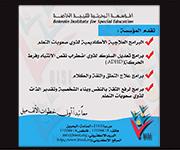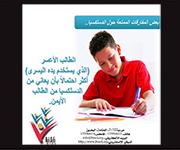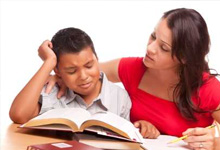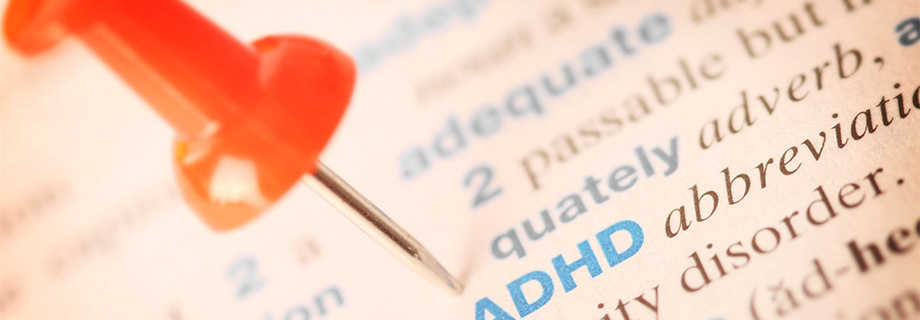Dyslexia Cards



|
|
Adeeb… you are in focus … But the hope-gate is wide…. Be optimistic! You will be Okay! Adeeb, be silent! Pay attention! Concentrate! Be quiet! Sit in your seat! Don't leave your seat! Adeeb! Don't answer before you are asked! Don't reply before I finish my question! Don't interrupt others! Complete your work! Don't annoy your colleagues! Don't hit your brother, nor your sister, Otherwise, I'll …..! more...
 |  | Stratigies for Teaching Adults with ADD/ADHD
Strategies for Teaching Youth with ADD and ADHD By: Thomas McIntyre (2004) The research literature has identified classroom characteristics that promote success for students with ADD and ADHD. Predictability, structure, short working periods, a small teacher-to-pupil ratio, individualized instruction, an interesting curriculum, and lots of positive reinforcement are all important to student progress. Researchers have also identified optimal teacher characteristics. They include positive academic expectations, personal warmth, patience, humor, consistency, firmness, frequent monitoring of student work, and knowledge of behavior management strategies.
more... | | |  |  | Positive effects of ADD & ADHD in Children
Positive effects of ADD & ADHD in children In addition to the challenges, there are also some positive traits associated with people who have ADD or ADHD: · Creativity – Children who have ADD / ADHD can be marvelously creative and imaginative. The child who daydreams and has ten different thoughts at once can become a master problem-solver, a fountain of ideas,.
more.. | | |  |  | Helping a child with ADD / ADHD
Whether or not your child’s symptoms of inattention and hyperactivity are due to ADD / ADHD, they can cause many problems if left untreated. Children who can’t focus and control themselves may struggle in school, get into frequent trouble, and find it hard to get along with others or make friends.
more.. | | |  |  | Attention Deficit Hyperactivity Disorder (ADHA)
This disorder is characterized by serious and persistent difficulty resulting in the following:
1. Poor attention span.
2. Weak impulse control.
more.. | | |  | | | |  | | | | | | | | |
|

















